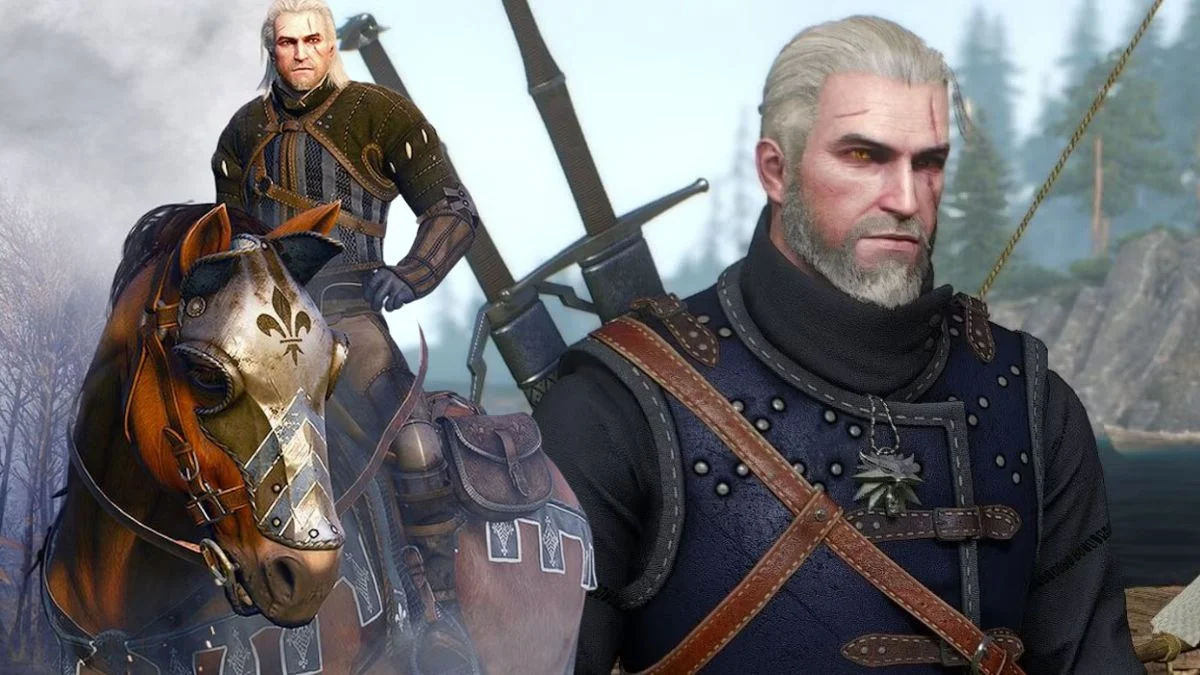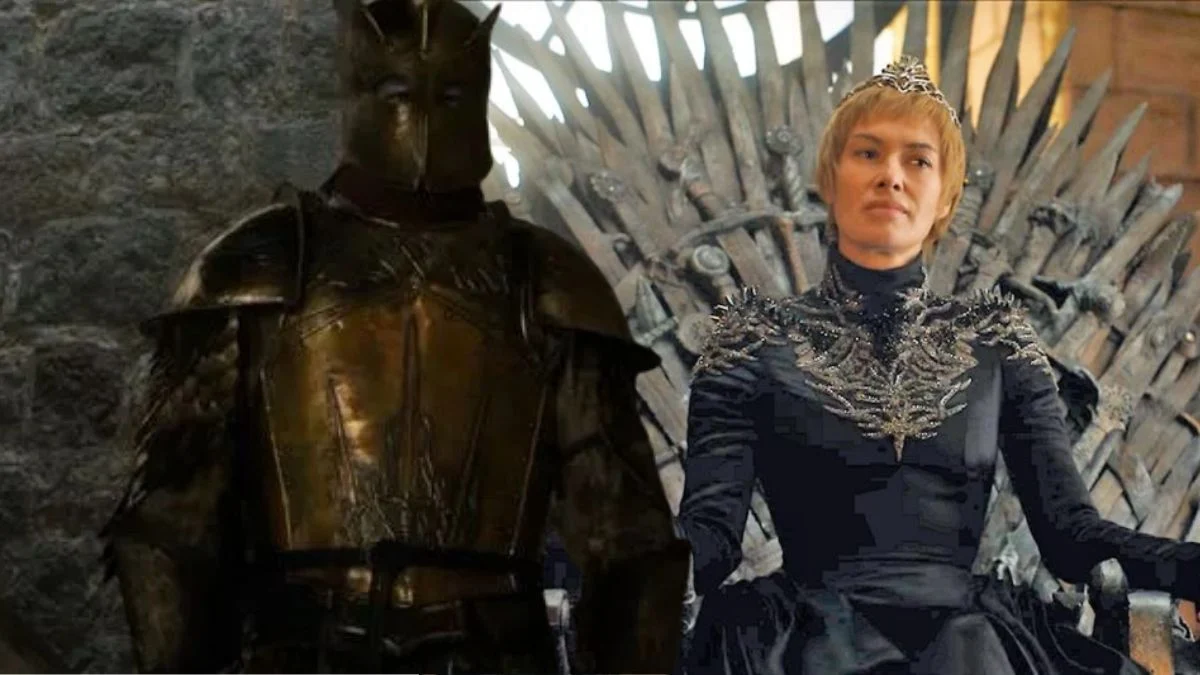Tyrion Lannister stands out in both George R. R. Martin’s ‘A Song of Ice and Fire’ novels and HBO’s ‘Game of Thrones’ for what he does rather than how he seems. Across books and TV, he accumulates concrete achievements in strategy, diplomacy, finance, and governance, leaving a paper trail of decisions and outcomes that reshape Westeros and, later, Essos. His record includes defending a capital, reforming royal books, invoking ancient legal rights, and brokering alliances that change the course of wars.
Born the third child of Tywin and Joanna Lannister, Tyrion holds titles and posts that place him at the center of statecraft: Acting Hand of the King under Joffrey Baratheon, Master of Coin on the small council, and later Hand to Daenerys Targaryen. He navigates royal courts in King’s Landing, the Eyrie, and Meereen; he commands sellswords and hill tribes; and he manages relationships with institutions like the Iron Bank of Braavos. The specifics of his actions—who he hires, what he pays, which laws he cites, and how he deploys wildfire—are what make his story so rich.
Strategic Fixer With Receipts
 HBO
HBOTyrion’s negotiations routinely produce measurable outcomes: safe passage, military support, or delayed hostilities. At the Eyrie, he secures a champion under the Vale’s trial customs; in King’s Landing, he bargains with the mountain clans of the Vale by offering arms and reward in exchange for escort and future plunder rights; and in Meereen, he concludes a limited peace with the slaver cities that temporarily halts raids and buys time for Daenerys’s rule to stabilize. Each deal is built on clearly stated terms—oaths, payment schedules, and defined spoils—so counterparties understand obligations and incentives.
He also uses information as a strategic asset. As Acting Hand, he maps communication flows in the Red Keep, tests council leaks by giving different Myrcella betrothal plans to separate listeners, and correlates the rumor that surfaces with the original recipient. That controlled disclosure method produces a verifiable signal that lets him isolate sources and restructure access—reassignments, narrowed briefings, and selective feeds—so plans face less risk of preemption.
The Blackwater Playbook
 HBO
HBODuring Stannis Baratheon’s assault on King’s Landing, Tyrion directs the city’s defense with concrete tools and tactics. He organizes wildfire production through the Alchemists’ Guild and uses it in a timed detonation that destroys a significant portion of Stannis’s fleet. He coordinates gates, walls, and sortie points, personally leading a counterattack through the Mud Gate to prevent a breach, and standardizes signal orders so units respond in sequence rather than piecemeal.
In the novels, he also orders the forging and installation of a massive boom-chain across the Blackwater Rush, a mechanical obstacle that traps ships inside the river mouth once the wildfire ignites. The combination of fixed barrier, incendiary strike, and ground counterpush turns the geography of the harbor into a force multiplier for the outnumbered defenders. Documented results include reduced enemy naval mobility, disrupted beachhead formation, and time gained for allied reinforcements to arrive.
Master of Coin Who Actually Audits
 HBO
HBOWhen Tyrion becomes Master of Coin, he inherits opaque ledgers and a crown indebted to multiple creditors, notably the Iron Bank of Braavos and House Tyrell. He requests detailed accounts, reconstructs cash flows, and distinguishes between principal and interest obligations. By separating immediate-pay debts from those with renegotiation potential, he prioritizes outlays that keep essential suppliers—food, armaments, and guild services—on contract during instability.
He implements cost controls with traceable line items: reductions to royal feasts, household staffing checks, and inventory audits to curb procurement fraud. In practice, that means verifying quantities received against orders, tightening custody over storerooms, and cross-referencing payments with physical deliveries. The effect is slower arrears growth, partial restoration of creditor confidence, and sustained provisioning of the capital during volatile periods.
Trial by Combat—Using the Law As Written
 HBO
HBOTwice, Tyrion invokes trial by combat under the Andal legal tradition recognized in the Vale and the Crownlands. At the Eyrie, he demands the right after being accused of plotting to kill Bran Stark and secures Bronn as his champion, shifting the adjudication from testimony to single combat. In King’s Landing, after accusations of poisoning Joffrey, he calls for the practice again; Oberyn Martell volunteers to face Gregor Clegane, connecting Dornish claims to the proceeding.
These invocations trigger a recognized adjudicative pathway that stays executions until the duel concludes and assigns verdict by outcome of arms. The legal consequences include appointment of champions, the court’s obligation to observe the duel as determinative, and immediate enforcement of the resulting judgment. By exercising rights codified in precedent, Tyrion channels hostile politics into a process the realm’s nobles are bound to honor.
Recruiting Outsiders Into Effective Forces
 HBO
HBOTyrion’s hiring decisions convert unconventional talent into reliable capability. He retains Bronn on clear pay terms, then integrates him into tasks ranging from personal security to targeted operations. He elevates Podrick Payne from a near-overlooked squire to an effective aide, assigning duties that develop battlefield steadiness and administrative reliability.
In the mountains of the Vale, he negotiates with the hill tribes—Shagga’s Stone Crows, Timett’s Burned Men, and others—by offering arms, armor, and defined plunder rights. He then embeds them within the Lannister war effort under agreed command structures. The practical result is force augmentation that does not rely on feudal levies alone, with compensation that links battlefield performance to promised rewards.
Turning Information and Books Into Real-World Leverage
 HBO
HBOTyrion’s reading habit functions as an input to decisions. He consults histories, tactics treatises, and accounts of past sieges to plan urban defenses and anticipate supply constraints. He applies knowledge of riverine warfare, city logistics, and prior Targaryen campaigns to select tactics that a smaller force can sustain, such as chokepoint control and incendiary deployment.
His language ability expands the range of counterparties he can address directly. He communicates in High Valyrian and works through intermediaries in Slaver’s Bay without depending entirely on court translators. In negotiations with masters and sellsword captains, that reduces misinterpretation risk, speeds bargaining, and preserves nuance—titles, honorifics, and idioms—that would otherwise be flattened in translation.
Surviving Courts, Prisons, and Exile
 HBO
HBOAfter his arrest and trial in King’s Landing, Tyrion escapes with Varys’s clandestine assistance by moving through concealed passages beneath the Red Keep and departing the city concealed in a container. His route takes him across the Narrow Sea to Pentos, a Free City with mercantile networks capable of moving a high-value fugitive quietly. That transit depends on smuggling infrastructure—hidden egress points, handlers who can be paid, and vessels that leave on predictable tides.
Later, he travels through Essos under shifting custody and circumstance, including segments by river and sea that require coordination with captains and sellswords. Each leg of the journey uses operational security measures: disguises, altered manifests, and compartmentalized knowledge among helpers so no single betrayal collapses the entire plan. His reappearance as a political actor in Meereen demonstrates that these measures achieved their purpose.
Changing the Lannister Power Equation
 HBO
HBOTyrion’s killing of Tywin Lannister removes the patriarch who coordinated Lannister military and fiscal policy for decades. The immediate consequence is a leadership vacuum in House Lannister, forcing Cersei and Jaime to absorb responsibilities for which they have different aptitudes and interests. That shift reverberates through small council composition, command appointments, and the management of the Crown’s debt.
The act also exposes personal and institutional fault lines within the family and the realm. With Tywin gone, alliances he maintained through reputation and punctual payments require new guarantees. Credit terms tighten, commanders recalibrate loyalties, and the political balance in King’s Landing tilts as other houses reassess the risks and rewards of commitments to the Iron Throne.
Hand to Daenerys—From City Management to Continental War
 HBO
HBOWhen Tyrion becomes Hand to Daenerys Targaryen, he transitions from capital defense to coalition warfare and post-conquest governance. In Meereen, he test-runs a diplomatic pause with the slaver cities, pairs that with urban security measures, and structures limited amnesties to reduce insurgent violence. The package combines negotiated constraints on slave-taking, phased trade reopenings, and enforcement via Unsullied patrols and local informants.
During the Westerosi campaign, he contributes to alliance-building and war planning. He participates in the Dragonpit parley in King’s Landing, coordinates terms with the Greyjoys under Yara and Theon, and advises on troop dispositions relative to supply lines and weather. The work product includes written terms, agreed routes, rendezvous timings, and communication protocols between Dothraki, Unsullied, and northern levies that had not previously fought side by side.
A Battlefield Record Marked on His Body
 HBO
HBOTyrion’s injuries are a record of service. At the Blackwater, he sustains a severe facial wound while leading a gate sortie; in the novels, the damage includes the loss of most of his nose, while in the TV adaptation it appears as a deep scar. Earlier, he endures imprisonment at the Eyrie and repeated threats of execution, any of which would have ended his political utility without legal maneuvering and external aid.
Those permanent marks are cited by soldiers and courtiers when referencing his role at the Mud Gate and his subsequent standing in council sessions. They document firsthand combat exposure to those who saw him in the fighting and alter court dynamics by reminding observers that he survived lethal stakes more than once. The observable result is changed behavior around him in both camp and court, from who challenges him publicly to which doors open during deliberations.
Share your favorite Tyrion moment or detail in the comments—what concrete action of his impressed you most?

.jpeg)
























.jpeg)












 English (US) ·
English (US) ·